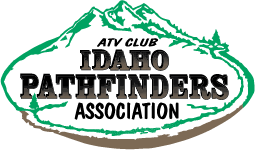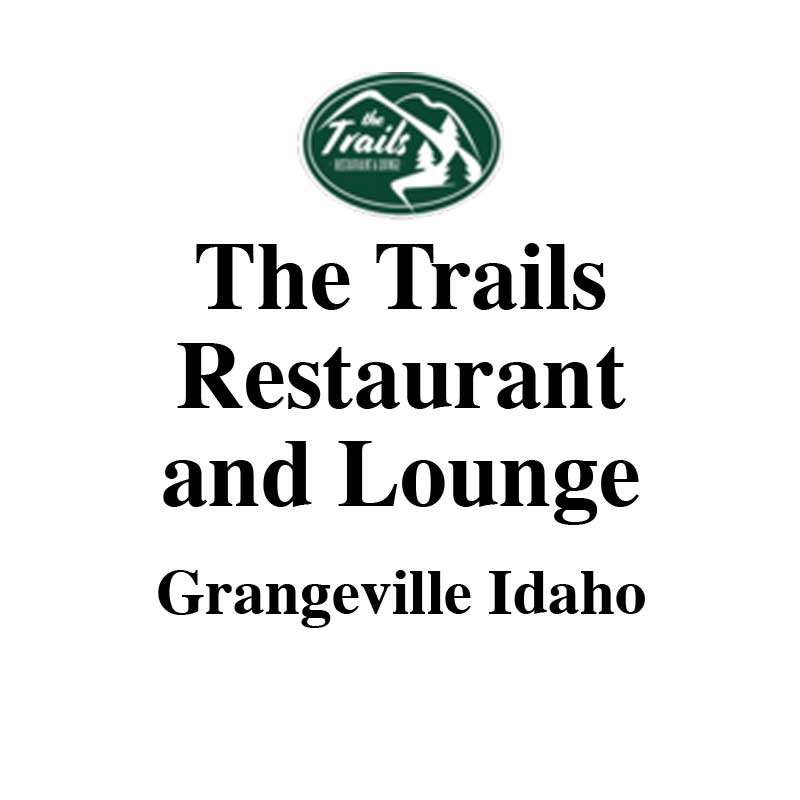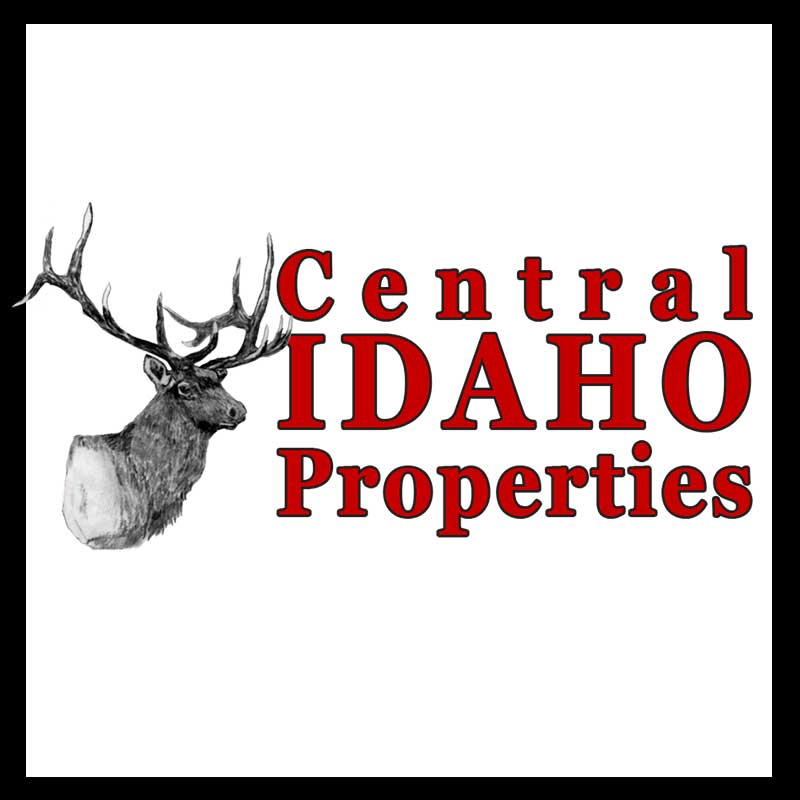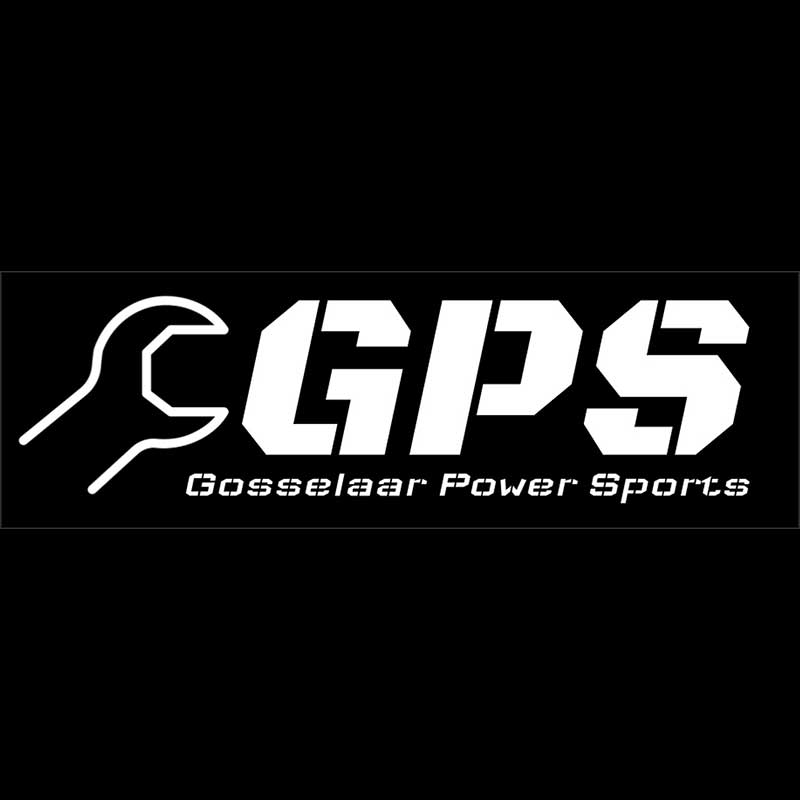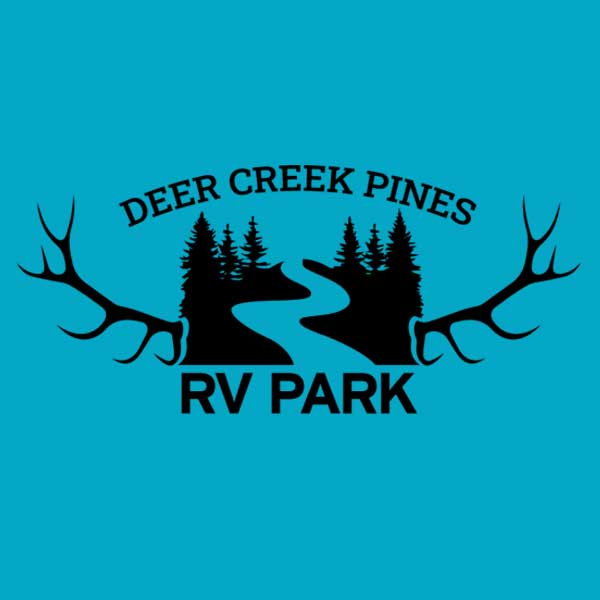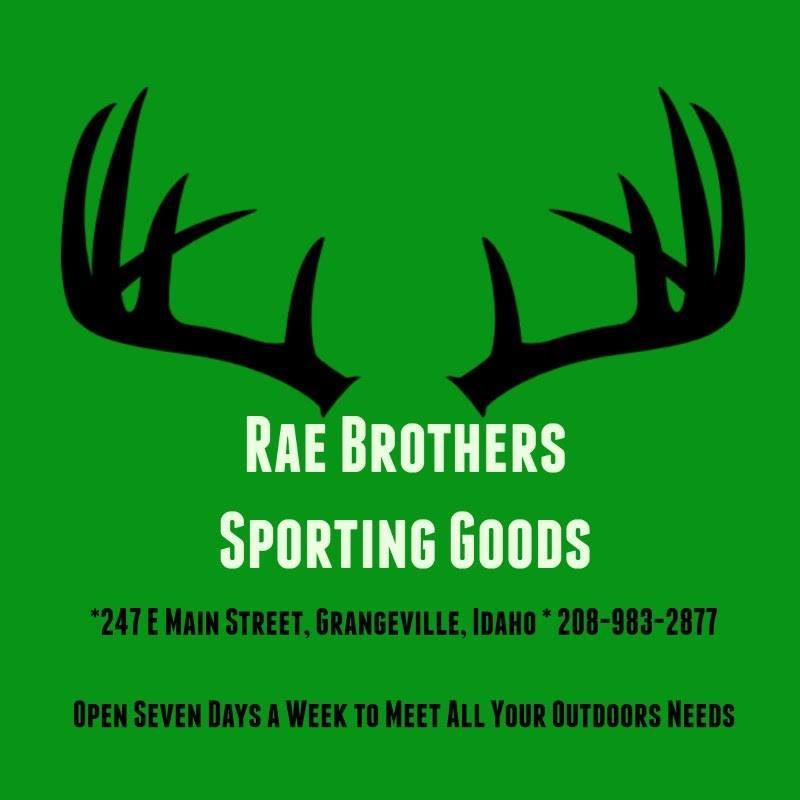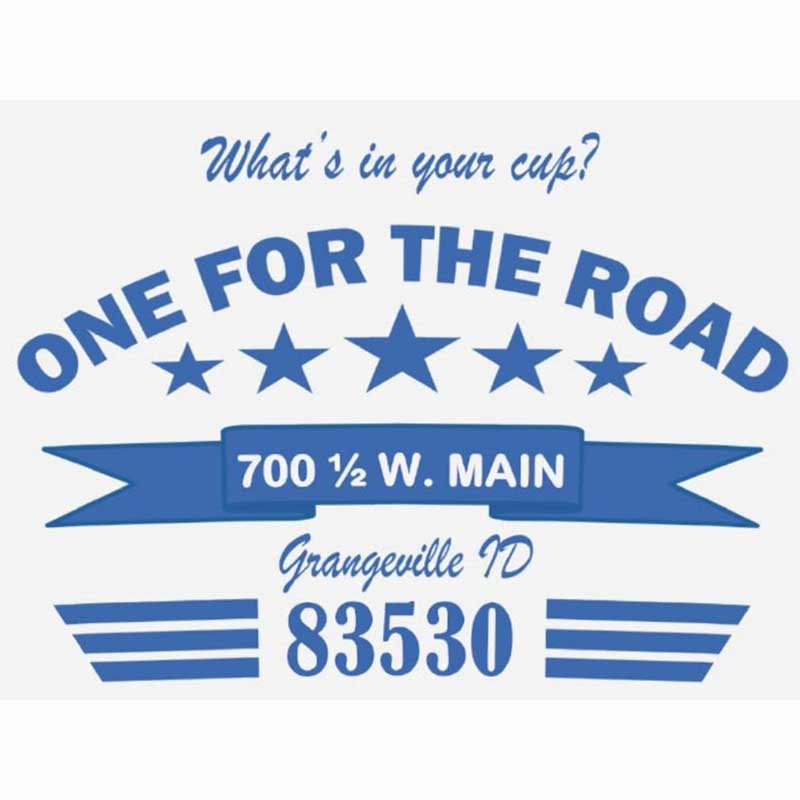| The Great Burn Saga Continues! |
|
This section of the Nez Perce-Clearwater National Forest provides some of the finest primitive riding in North Idaho. In fact, to find a comparable area in size and geography, one would have to travel to the Selkirk Mountains adjacent to Revelstoke, BC . It is truly unique and because of that, ISSA has been embroiled in the fight to keep it open since 2004. We have submitted comments, filed an objection but in the end, we were forced to decide whether to walk away from the area or file a lawsuit. We chose the latter. Eventually the Forest Service decided to settle and an agreement was reached that required the Forest to ‘make a new decision based’ on the alternatives in the Record of Decision before the next winter season. After a number of extensions, they have recently issued a new decision. Regretfully the new decision is the same as the old decision which prohibits snowmobiling in the Great Burn. Once again, there are no resource issues or social issues that justify the closure it is simply because of the policy-guideline of Region 1 to manage areas Recommended as Wilderness as Wilderness. There is no Forest Service Policy or Rule that requires them to do so. ISSA has filed an objection to that decision. The objection states clearly the position of ISSA: “We are deeply disappointed by the Draft ROD. In fact, we view it as a stubborn step backwards in the reasoned dialogue we have attempted to have with USFS personnel in Region 1 and the Forests. The proverbial elephant in this room is the misbegotten “guidance” and the extent to which the Forest Service will defend it, or assure us of its demise. Instead, the Draft ROD reflects a half-hearted yet belated effort at ending up exactly where we started. To be specific, we have repeatedly asked for some recognition, if even symbolic recognition, of some aspect of continuing motorized use of the Clearwater RWA’s. One might think the agency would welcome this strategy, as it might persuasively rebut our central premise that USFS Region 1, perhaps with oversight from the Washington Office, is mandating an inflexible prohibition on continuing motorized/mechanized use in RWA’s. The agency’s insistence on imposing the prohibition not coincidentally dictated by the “guidance” coupled with the conspicuous failure to consider any meaningful alternative(s) here only fuels our fears and intensifies our effort to seek judicial resolution of this issue.” The Great Burn is a classic example of why snowmobilers must stay united. The opposition we have mounted could not be done by one club or a few individuals. It takes the resources of a committed statewide organization to protect our access to the backcountry. Private property vs. Public Access: This is an issue we see popping up in every corner of the state. The cause can be a new land owner who chooses not to allow public recreational use or private property owners who want roads closed that provide access to public lands. Whatever the reason, the result is a loss of access. First and foremost, we must respect private property; however, there are ways to resolve the problem if there is a willingness on behalf of the private property owners to do so. The most common method would be through the purchasing of an easement. An “easement is a nonpossessory interest in another’s land that entitles the holder only to the right to use such land in the specified manner”. In our case it would be a recreation or transportation easement giving us the ability to cross or use private property. There is another kind of easement called a prescriptive easement. This is an easement upon another’s property acquired by continued use without permission of the owner for a period provided by state law to establish the easement. As you can well imagine, this kind of an easement is usually resolved in a court of law. Know that there are options if faced with this problem; however, it is wise not to wait until access is lost or a private property is closed. Be proactive: Identify trail systems that cross private land or roads that are necessary for access to public lands. Work with the land owners to see if they are willing to provide a recreation easement. If not, look for an alternate trail. ISSA continues our efforts to protect our access on many fronts from one end of the state to the other. We understand that what we do today will determine where we ride in the future and today like all other days, we chose to do everything possible within the political, administrative, and legal processes to make sure that we won’t have to settle for telling the next generation about where we rode, we can show them. Everyone who owns a snowmobile has a stake in this fight! Please spread the word about our challenges and about the organization that is working to ensure there are places to ride! The more members we have, the more effective we can be.
Sandra Mitchel-Director of Public Lands |
Veterans Ride in Elk City Idaho
Idaho County Sheriffs Veterans Ride in Elk City Idaho is open to the public. There will be multiple rides for ATV/UTV/Jeeps. This is the 2nd annual
